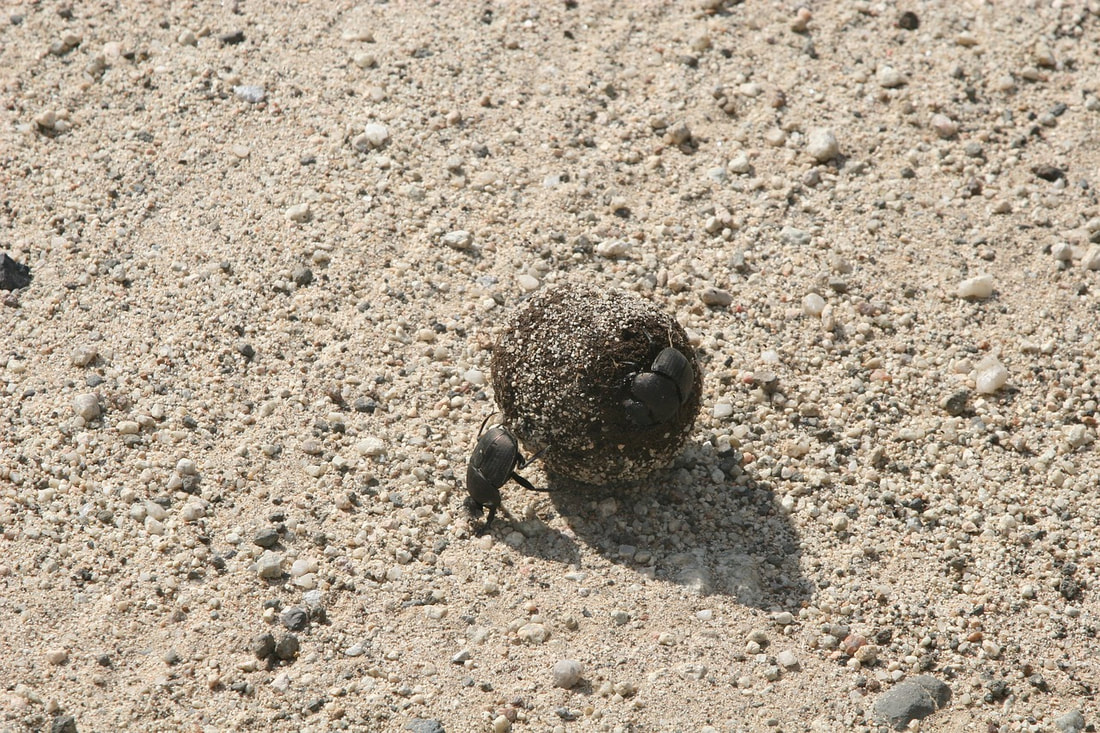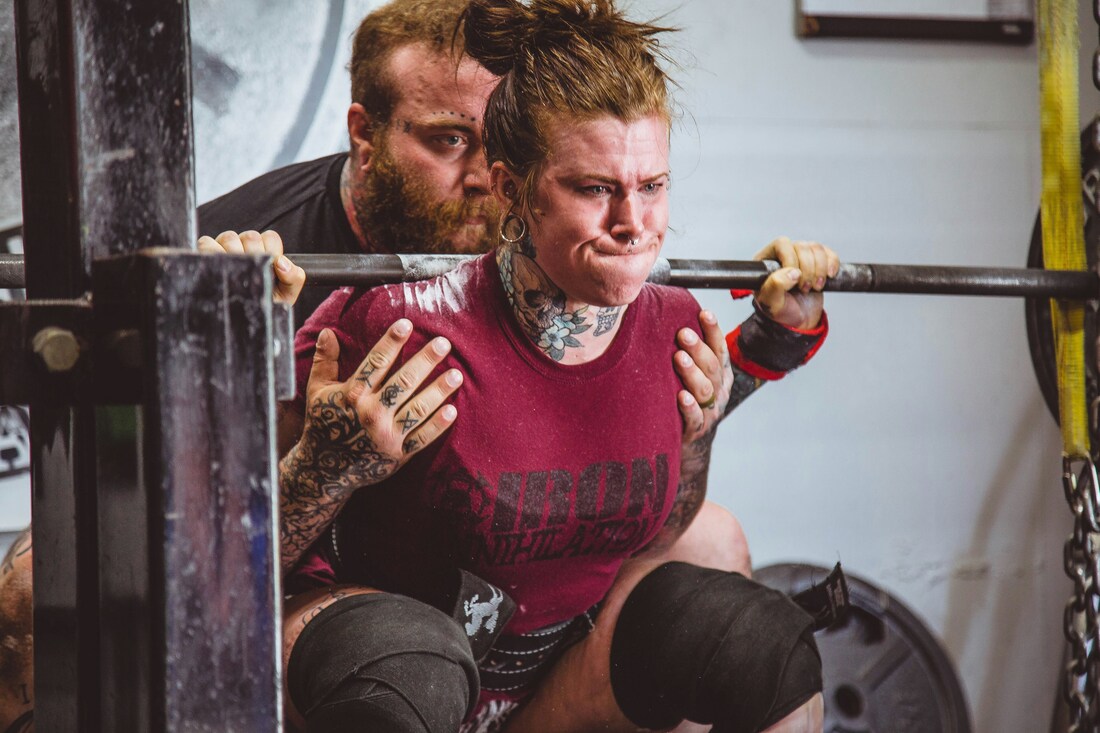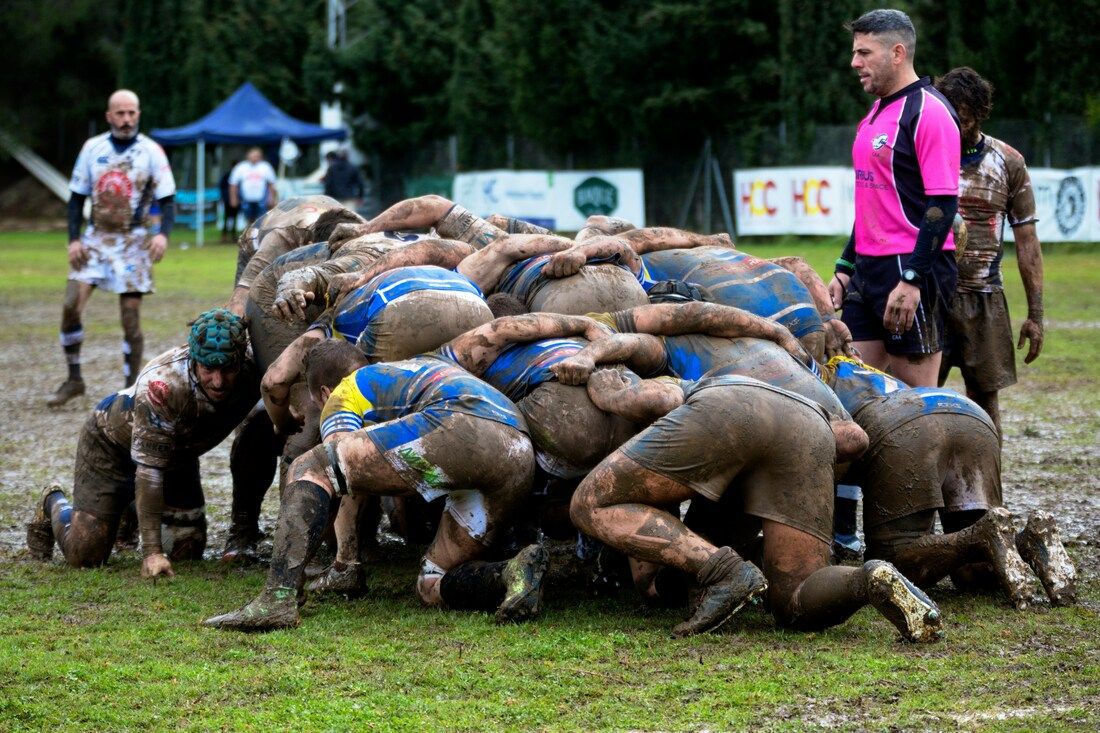Resilience, grit, and mental toughness are interconnected psychological constructs that relate to how individuals cope with and adapt to challenges, setbacks, and stressors. While they share some similarities, they also have distinct characteristics:
Resilience refers to an individual's ability to bounce back from adversity, trauma, or stress. It involves adapting positively in the face of adversity, maintaining psychological well-being, and often growing stronger as a result of challenges.
Grit is defined as perseverance and passion for long-term goals. It involves sustaining effort and interest in pursuing objectives despite setbacks, failures, or obstacles.
Mental toughness is characterized by the ability to maintain focus, determination, and motivation in the midst of pressure, stress, or difficult situations. It involves staying composed, resilient, and performing effectively under pressure.
I have explored 2 questions in this article:
- Does having had a tough and wounding childhood enhance the likelihood of your having these capacities or diminish it? In other words, are they a consequence of nurture or life experiences? And secondly,
- How does personality type influence the extent to which you have or do not have these capacities? Is it more to do with nature?
Childhood psychological wounds can significantly impact an individual's resilience, grit, and mental toughness – and it can be either positive or negative:
Positive Impact: Some people develop resilience, grit, and mental toughness as a result of overcoming childhood adversity or trauma. In some people, these experiences can lead to increased self-awareness, coping skills, and a deeper understanding of one's strengths and limitations.
Negative Impact: On the other hand, childhood psychological wounds can also hinder the development of resilience, grit, and mental toughness. People who experienced significant childhood trauma, neglect, or adversity may struggle with trust issues, low self-esteem, difficulty regulating their emotions, and difficulty coping with the stresses of life.
The impact of negative childhood experiences on resilience, grit, and mental toughness can vary widely among different people and there is no direct predictable causal link. Factors such as social support, coping mechanisms, access to resources, and personal beliefs play crucial roles in shaping one’s ability to thrive despite past challenges.
In summary, while personality traits can influence the level of resilience, grit, and mental toughness individuals exhibit, experiences and childhood psychological wounds also play significant roles. Positive experiences can foster growth and resilience, while negative experiences may pose challenges that require intentional effort and support to overcome.
In my coaching practice I use the Enneagram profile quite a lot, so I was curious about the impact of personality on one’s resilience, grit and mental toughness. The Enneagram is a personality typing system that categorizes people into nine distinct personality types, each with its own motivations, fears, strengths, and growth areas. While the Enneagram primarily focuses on underlying motivations and core beliefs rather than specific traits like resilience, grit, and mental toughness, certain Enneagram types may exhibit characteristics that align with these qualities to varying degrees. It's important to note that individuals of any Enneagram type can develop resilience, grit, and mental toughness through self-awareness, personal growth, and intentional efforts.
Here's a general overview of how different Enneagram types might relate to resilience, grit, and mental toughness:
Type 1 - The Perfectionist: Ones are often driven by a desire for integrity, improvement, and doing what is right. They can exhibit high levels of resilience and mental toughness, particularly in areas where they are committed to making a positive impact or upholding their principles. However, their perfectionistic tendencies may also create pressure and self-criticism that could affect their grit in some situations.
Type 2 - The Helper: Twos are empathetic, caring, and supportive people who often prioritize the needs of others. They may demonstrate resilience and grit in relationships and situations where they can contribute to others' well-being. However, they may need to cultivate mental toughness in setting boundaries and prioritizing self-care.
Type 3 - The Achiever: Threes are ambitious, goal-oriented, and focused on success. They can display high levels of grit and mental toughness in pursuing their objectives and overcoming obstacles to achieve recognition and accomplishment. However, they may need to develop resilience in handling setbacks or failures that challenge their self-image.
Type 4 - The Individualist: Fours are introspective, creative, and sensitive people who value authenticity and emotional depth. They may demonstrate resilience in navigating complex emotions and experiences, drawing strength from their introspection and self-expression. However, they may face challenges in developing grit and mental toughness in areas requiring sustained effort and practicality.
Type 5 - The Investigator: Fives are analytical, knowledgeable, and independent thinkers who seek understanding and expertise. They may exhibit resilience and mental toughness in intellectual pursuits and problem-solving, leveraging their capacity for deep focus and strategic thinking. However, they may need to work on grit in interpersonal or high-pressure situations that demand emotional engagement.
Type 6 - The Loyalist: Sixes are loyal, responsible, and cautious people who value security and preparedness. They can demonstrate resilience and mental toughness in situations where they feel supported, trusted, and prepared for challenges. However, their anxiety and fear of uncertainty may sometimes impact their grit, requiring them to build confidence and assertiveness.
Type 7 - The Enthusiast: Sevens are adventurous, optimistic, and spontaneous people who seek new experiences and possibilities. They may display resilience in bouncing back from setbacks and maintaining a positive outlook, drawing on their adaptability and optimism. However, they may need to develop grit in sticking with long-term commitments and facing uncomfortable emotions.
Type 8 - The Challenger: Eights are assertive, decisive, and protective people who value strength, autonomy, and fairness. They often exhibit high levels of resilience, grit, and mental toughness in facing challenges, standing up for themselves and others, and driving change. However, they may benefit from cultivating emotional resilience and vulnerability in certain situations.
Type 9 - The Peacemaker: Nines are peaceful, harmonious, and accommodating people who seek unity and avoid conflict. They may demonstrate resilience in maintaining stability and calmness under pressure, leveraging their adaptability and empathy. However, they may need to develop grit in asserting their needs and priorities, as well as maintaining focus on personal goals.
It's essential to remember that Enneagram types provide insights into core motivations and patterns of behaviour. It does not determine an individual's capacity for resilience, grit, or mental toughness, although it may suggest how this might vary within an individual.
The key to personal growth of any kind is self-awareness, introspection, and personal efforts. Regardless of your childhood experiences or your personality type, you can develop all of these capabilities.

 Digib
Digib

 RSS Feed
RSS Feed


